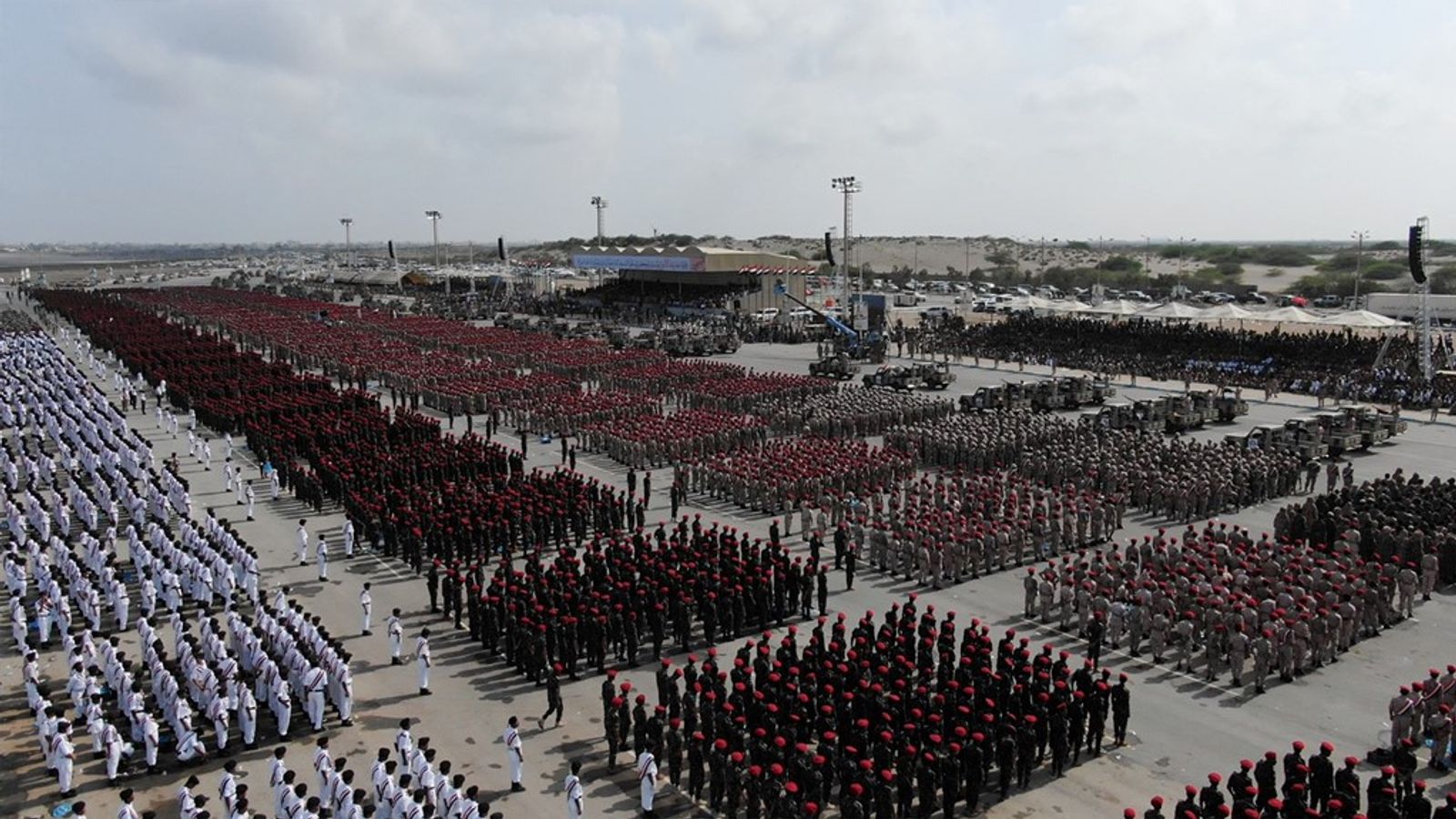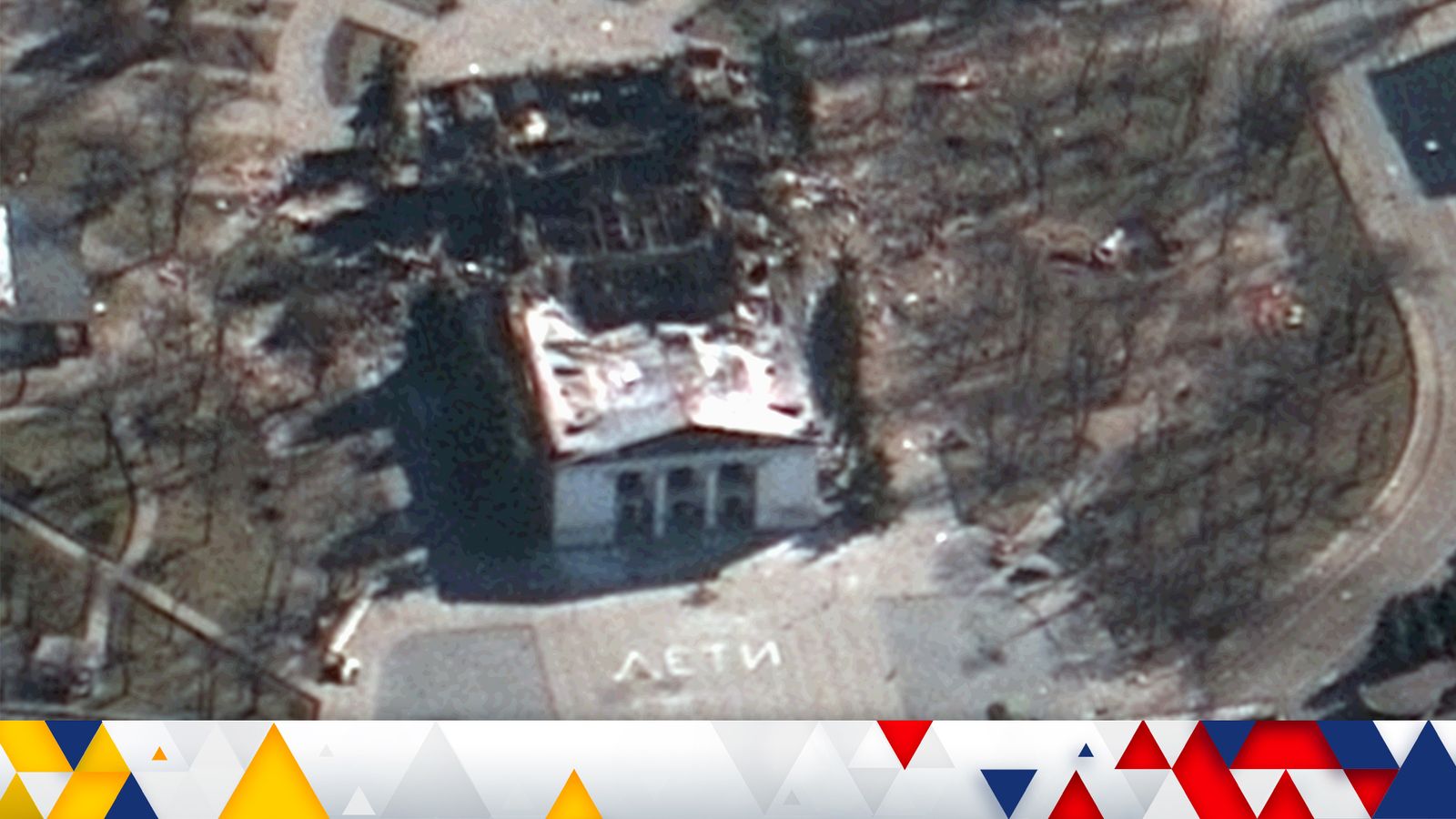Rishi Sunak held a full cabinet call on Thursday night which is thought to have discussed UK and US military strikes against Yemen’s Houthi rebels following attacks in the Red Sea.
The meeting started at 7.45pm Thursday night, with senior figures including Foreign Secretary David Cameron seen entering Downing Street.
Sir Keir Starmer and shadow defence secretary John Healey were briefed after the call, it is understood, while Commons Speaker Sir Lindsay Hoyle was seen arriving at the Cabinet Office.
It comes after an emergency COBRA meeting was held in the morning, followed by a call between Mr Sunak and Egyptian President Abdul Fattah al Sisi.
Politics Live: Rishi Sunak holds late night cabinet call
Downing Street said the leaders discussed “the concerning rise in Houthi attacks on commercial vessels in the Red Sea and the disruptive impact on global shipping, including through the Suez Canal”.
“The prime minister said the UK would continue to take action to defend freedom of navigation and protect lives at sea,” a spokesperson added.
South Africa accuses Israel of genocide as hearing at UN’s top court begins
Ban on public bodies boycotting Israel passes in Commons despite Tory rebellion
International court set to hear genocide case against Israel – but what does it mean and what could happen?
Attacks by Houthi fighters – both on Israel and on commercial ships in the Red Sea – have stoked fears of a wider conflict in the region already affected by the war in Gaza.
On Tuesday, a British warship shot down seven drones launched by the Iranian-backed Houthi fighters in an operation with US forces to repel the largest drone and missile attack to date.
The attack came despite a warning by the United States, the UK and other partners issued a week ago to the group to end the targeting of commercial shipping or “bear the responsibility of the consequences”.
Earlier, Defence Secretary Grant Shapps accused Iran of meddling and declared “enough is enough” – hinting that the UK could be ready to strike.
Please use Chrome browser for a more accessible video player
US Secretary of State Antony Blinken also warned that “there will be consequences” for the continued Houthi attacks in the Red Sea.
Downing Street is not expected to make an announcement tonight, but the late-night cabinet call suggests that military action is imminent.
Americans ‘have clearly put options on the table’
Sky News’s deputy political editor Sam Coates said: “Downing Street haven’t formally briefed why this call is happening, but a cabinet meeting only happens at short notice when there’s a moment of national importance.”
Sir William Patey, a former ambassador to several countries in the Middle East, also told Sky News: “You don’t hold an emergency cabinet meeting unless you’re considering a military response.
“The Americans have clearly put some military options on the table and have invited us to participate.”
Sir William said that given the Houthis have ignored warnings to stop attacking shipping, continuing to intercept drones is not “in the long term very feasible”.
He said: “I’m sure that the Americans, Brits, and other members of the international coalition will be considering whether there are feasible targets that can be struck in Houthi-run territory of Yemen that are viable.”
Please use Chrome browser for a more accessible video player
However he said that an issue in the past has been finding viable targets, which he defined as bases where missiles are launched from or stored.
While no decision has been made yet, Alicia Kearns, chair of the influential foreign select committee, said she would back strikes.
Situation ‘no longer tenable’
The senior Tory MP said: “The situation in the Red Sea is no longer tenable.
“Air strikes as a coercive effort to re-establish deterrence and terminate the threat to naval and merchant ships could be proportionate if precise and clearly articulated as limited activity in direct response to the rising threat to freedom of navigation.”
But veteran left wing MP John McDonnell said if military action is decided, it should not go ahead “without Parliamentary approval”.
Please use Chrome browser for a more accessible video player
He added: “If we have learnt anything in recent years it’s that military intervention in the Middle East always has dangerous & often unforeseen consequences. There is a risk of setting the region alight.”
The Liberal Democrats also called on the prime minister to re-call parliament “if strikes are planned before Monday”.
However, there is no sign the government is expected to do this.
Do MPs get a vote on military action?
The deployment of the Armed Forces is currently a prerogative power, so the government would not have to put the measure to a vote if it did decide to launch strikes.
Since the Iraq War it has been convention to hold one, with military action in Syria in 2013 voted down by MPs in what was seen as a turning debate on parliamentary approval.
But the convention is open to interpretation. Military action taken against the Syrian regime’s chemical weapons facilities in April 2018 was done without recourse to parliament, with the government of the day justifying its actions on humanitarian grounds.
Read More: Why are the Houthis attacking ships in the Red Sea?
US confirms 27th Houthi attack
The cabinet meeting came as the US confirmed a 27th Houthi attack on international shipping since 19 November.
Please use Chrome browser for a more accessible video player
The attack happened at 2am Yemen time in the Gulf of Aden.
No injuries or damage were reported, but in a televised briefing a spokesperson for the US military confirmed that UK and US forces downed 18 one-way attack drones, two anti-ship cruise missiles, and one anti-ship ballistic missile.
Brigadier General Pat Ryder said “dozens” of commercial ships were operating in the area at the time.
Asked if a change of approach in the Red Sea should be expected, he said he won’t “telegraph, forecast or speculate on any potential future operations”.
But he added: “I think that statement from multiple nations when it comes to the fact that there will be consequences, should the attacks not stop, speaks for itself. And I’ll just leave it at that.”
Read more:
What the Red Sea battleground means for UK shoppers
Gaza residents say the ‘suffering of people is huge’
The US is under pressure to re-establish proper deterrents against the Houthi rebels.
Concerns are growing about the global economic impact of the disruption to shipping through the vital Red Sea, with vessels choosing to divert, pushing up the cost of trade and potentially causing inflation to rise.
The Houthis, a group of Shia Islamists based in western Yemen, oppose US and Israeli influence in the Middle East – with its slogan containing the words “death to America”, “death to Israel” and a “curse upon the Jews”.







